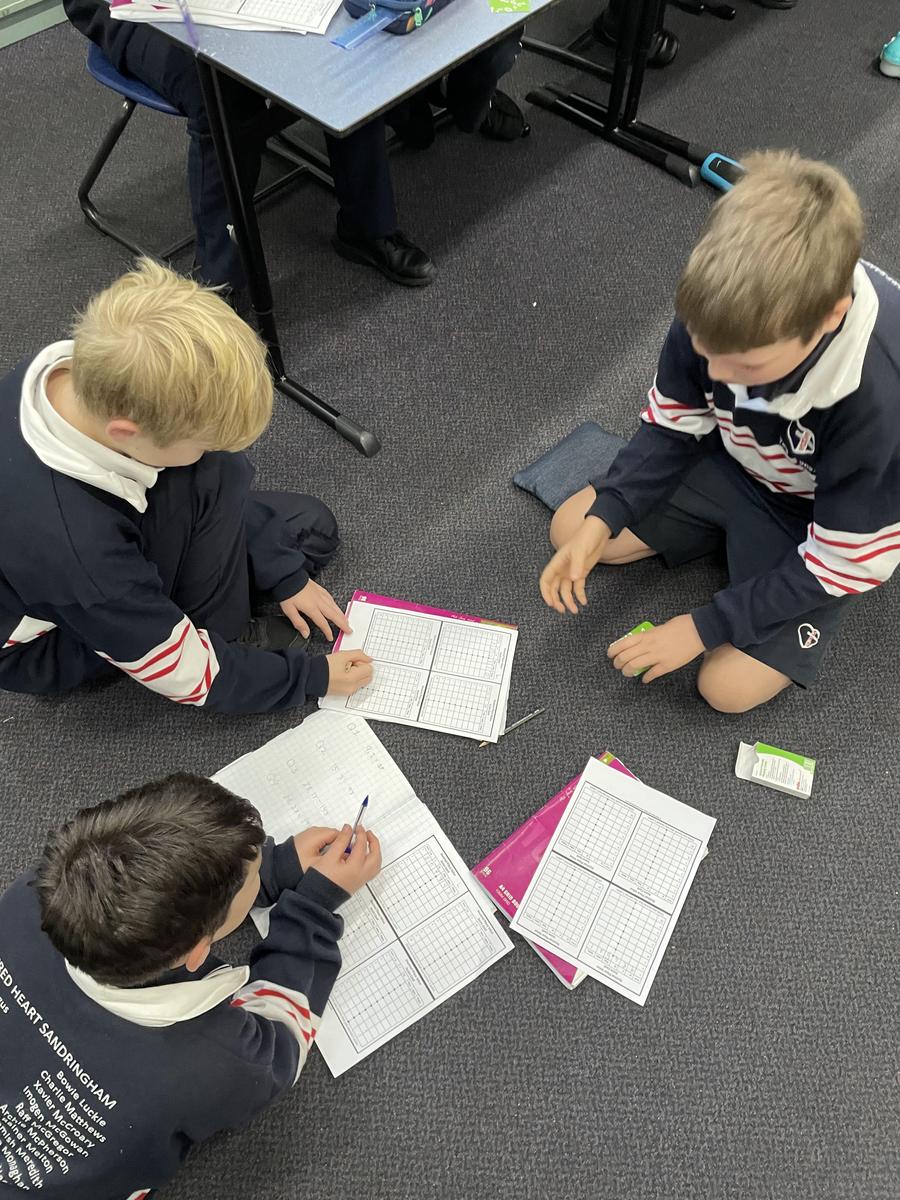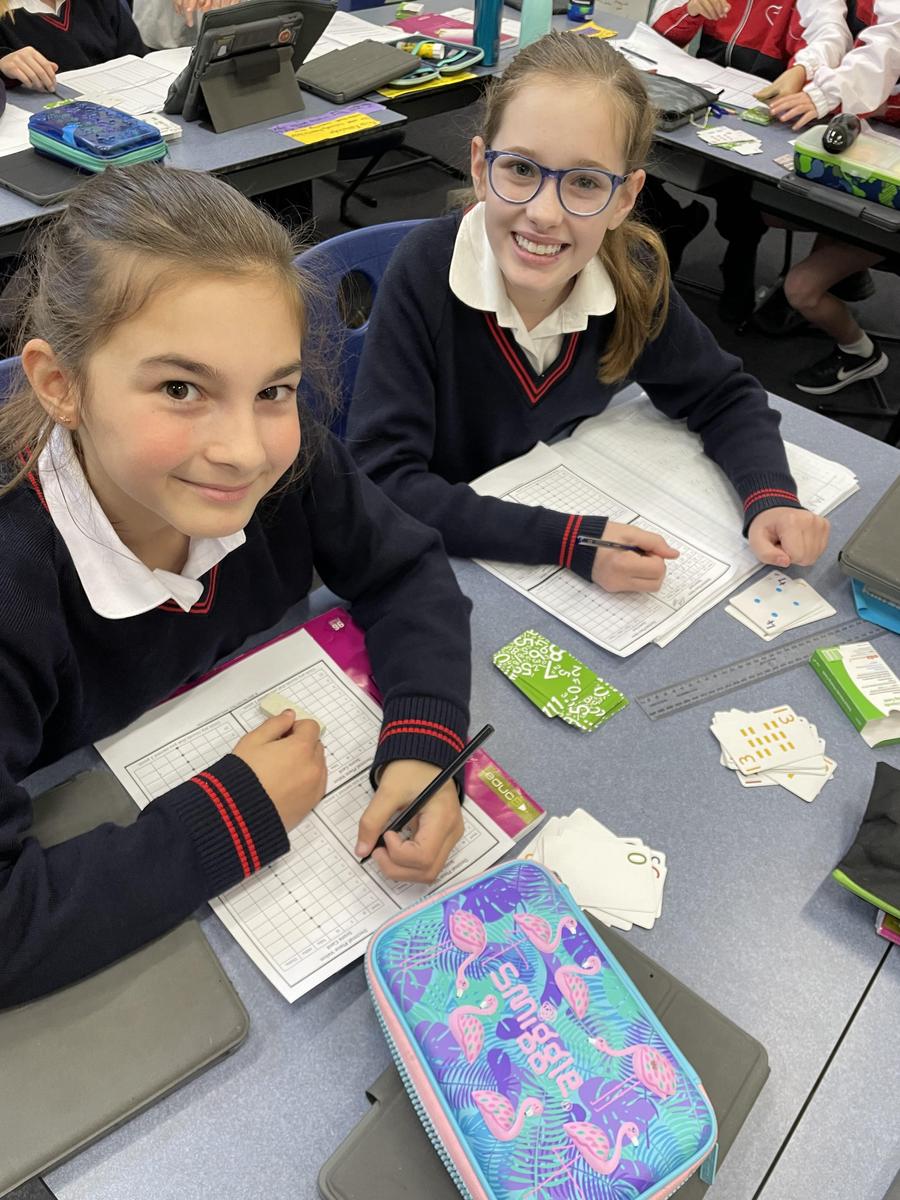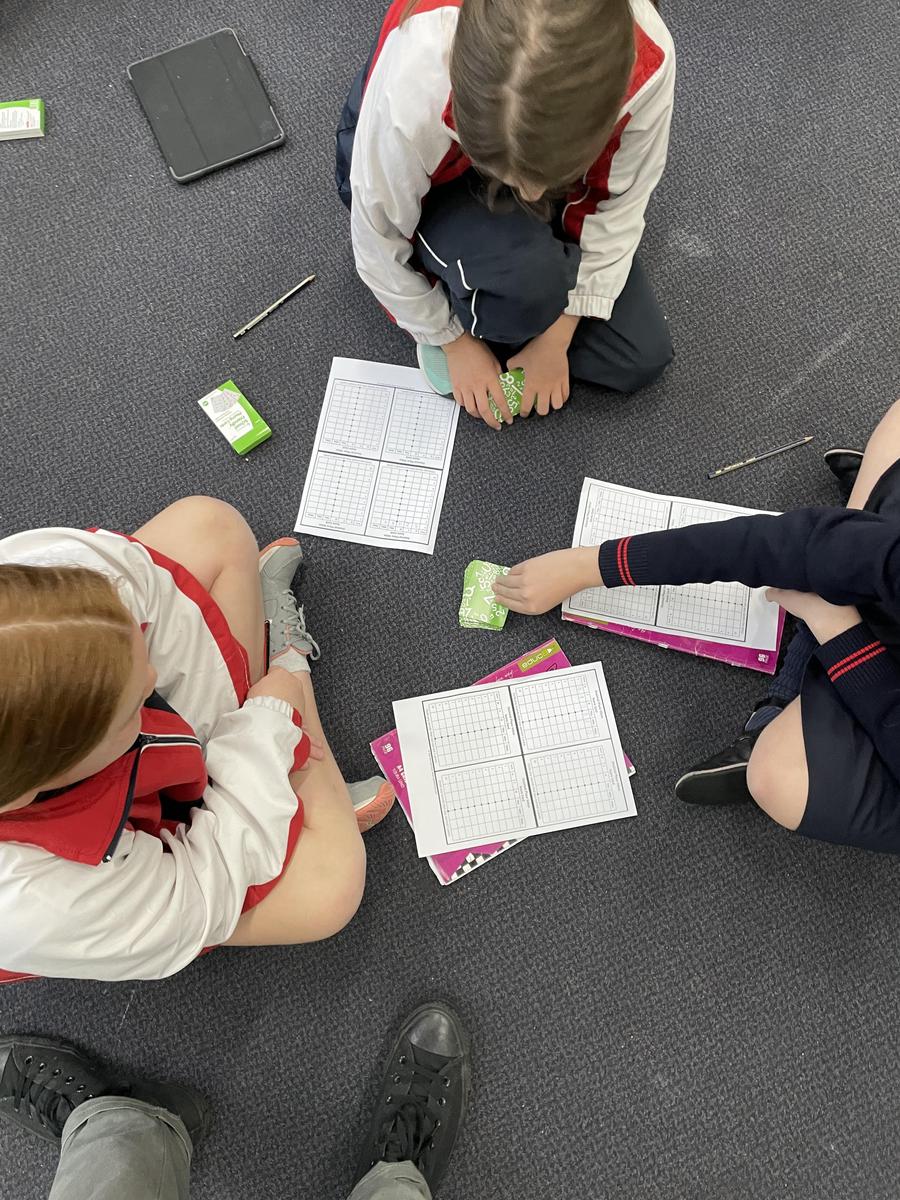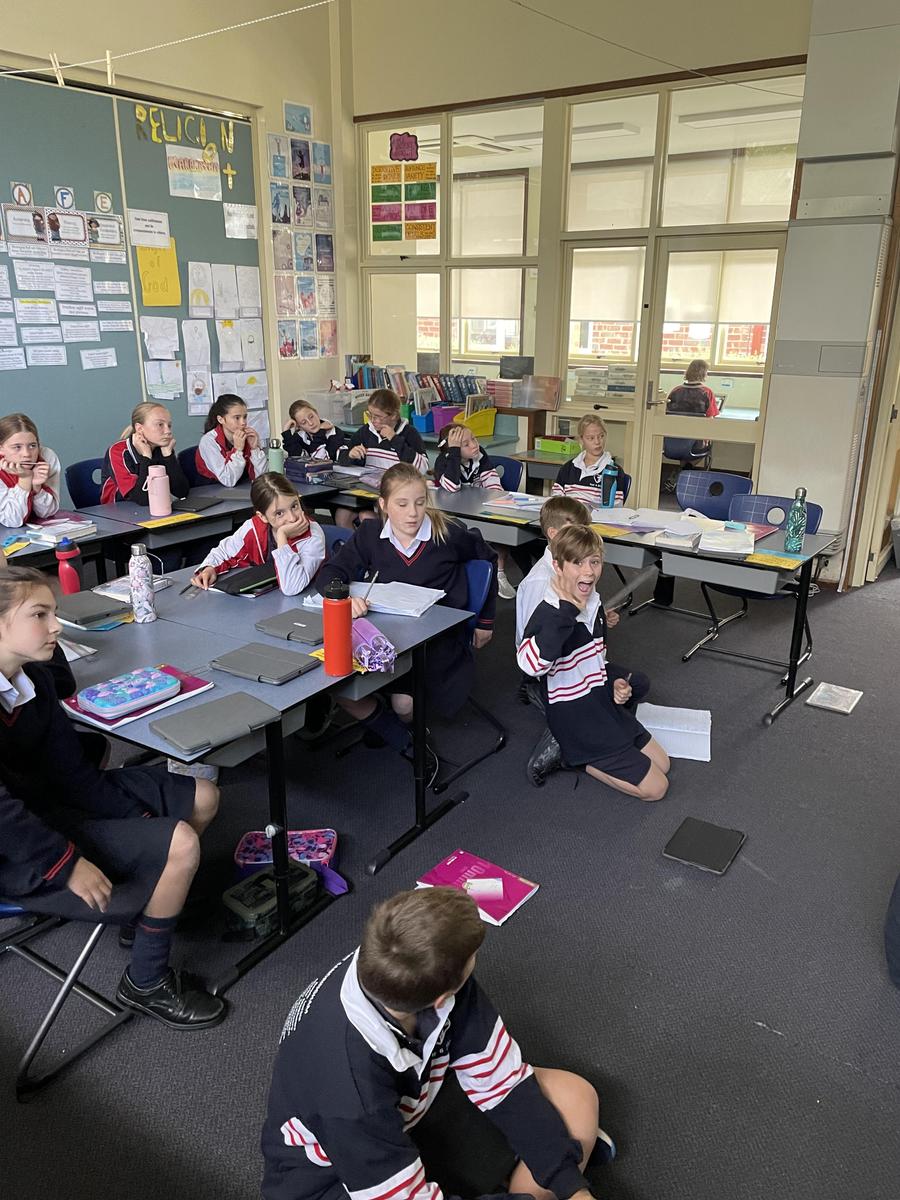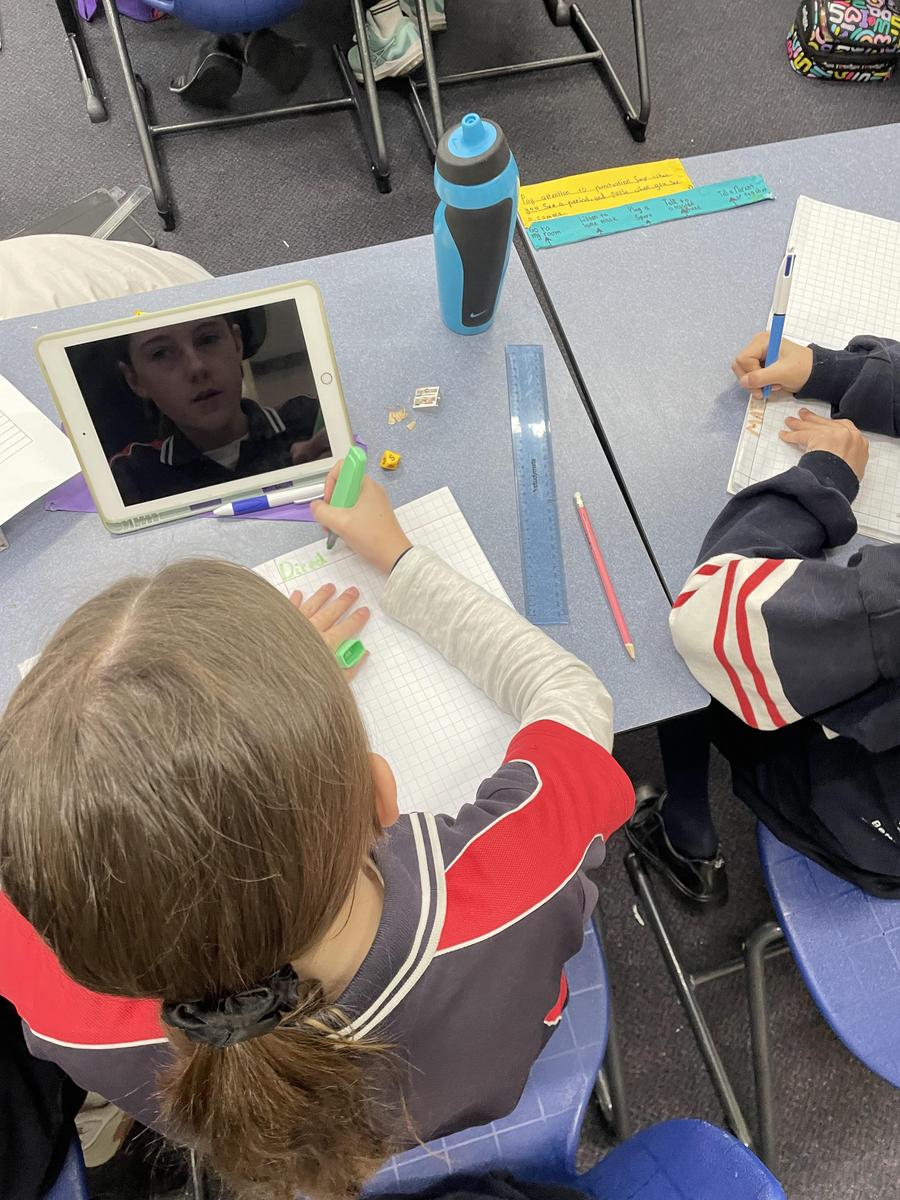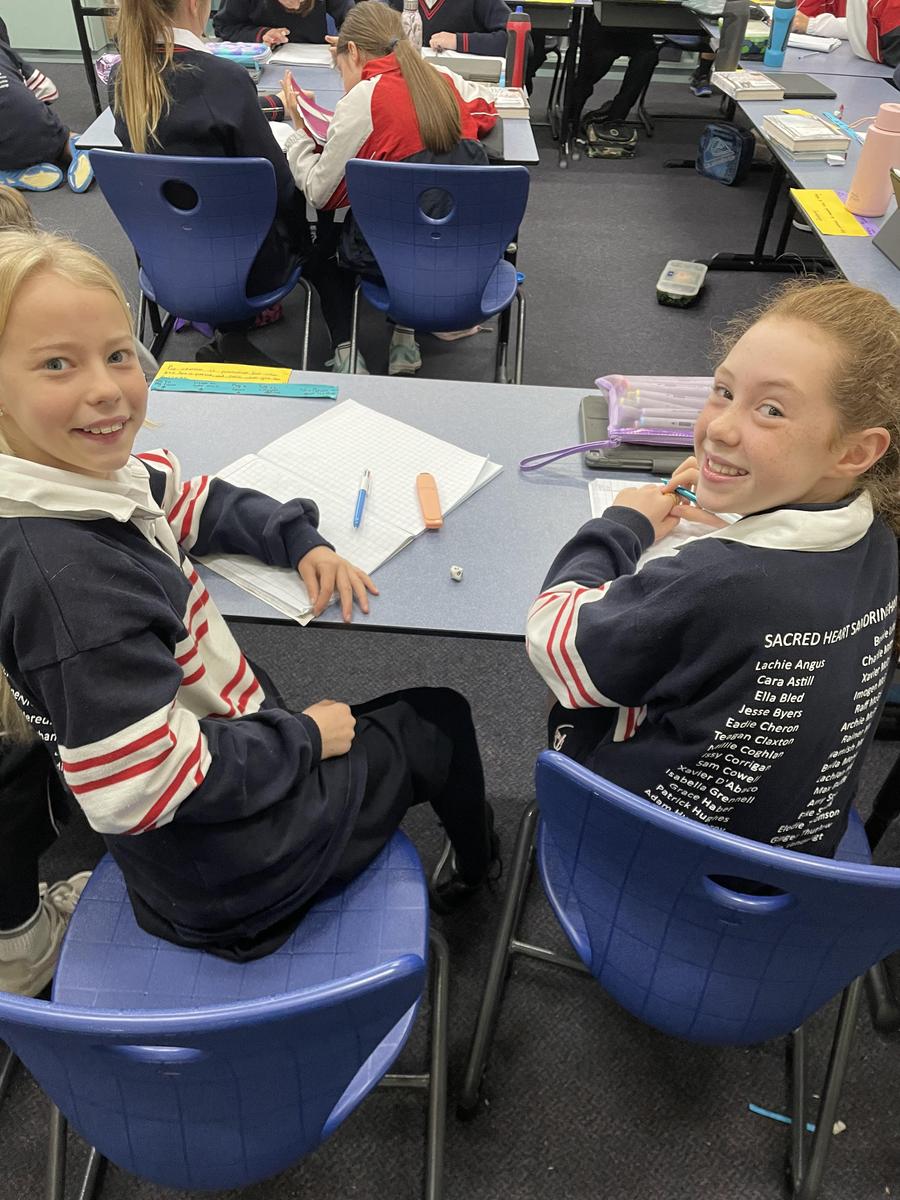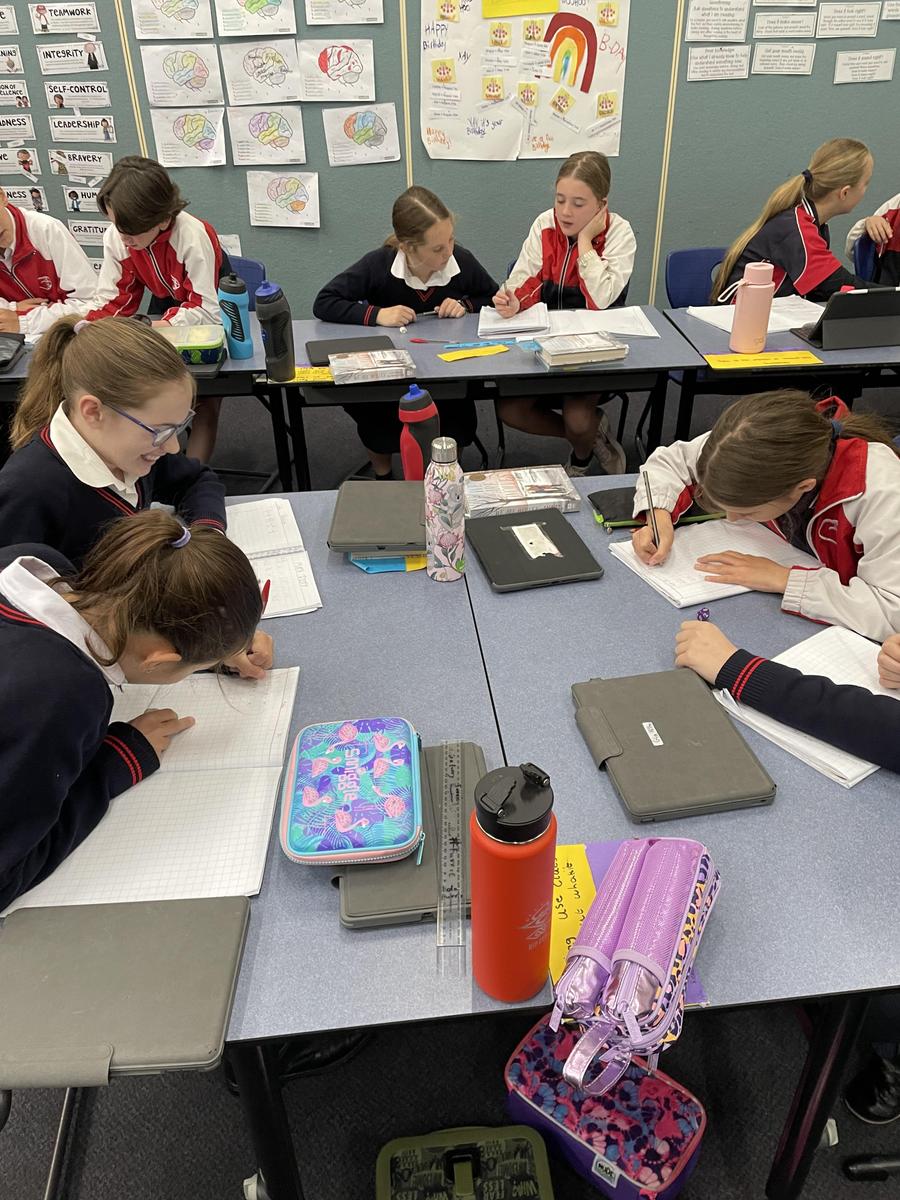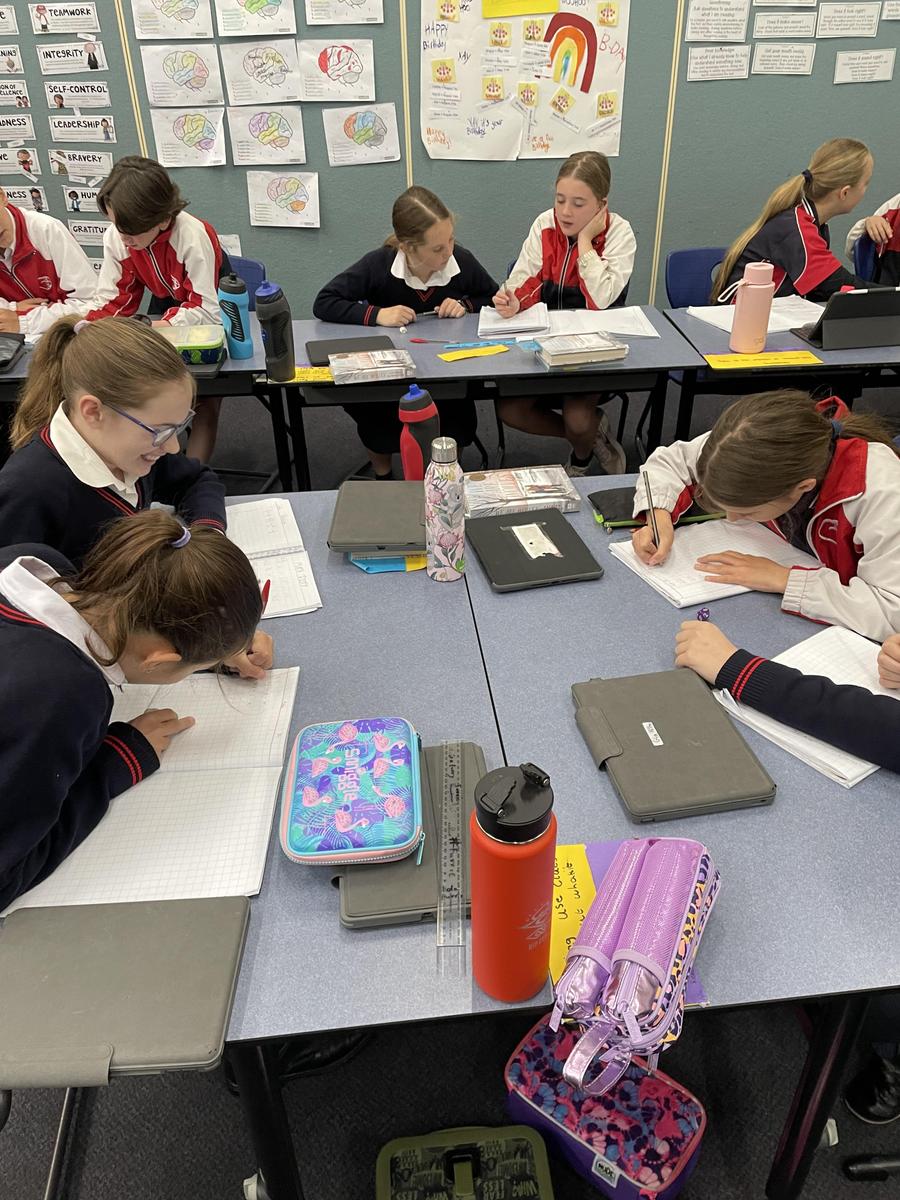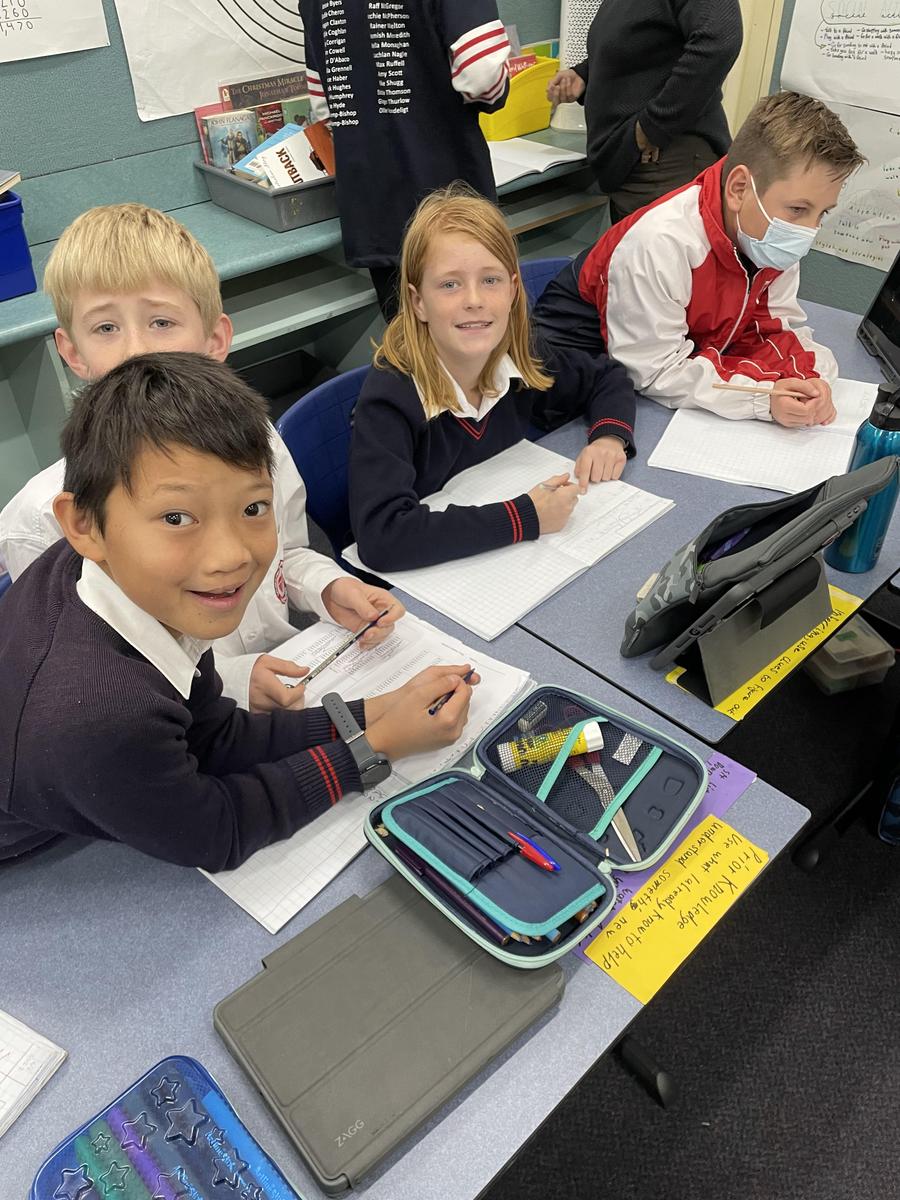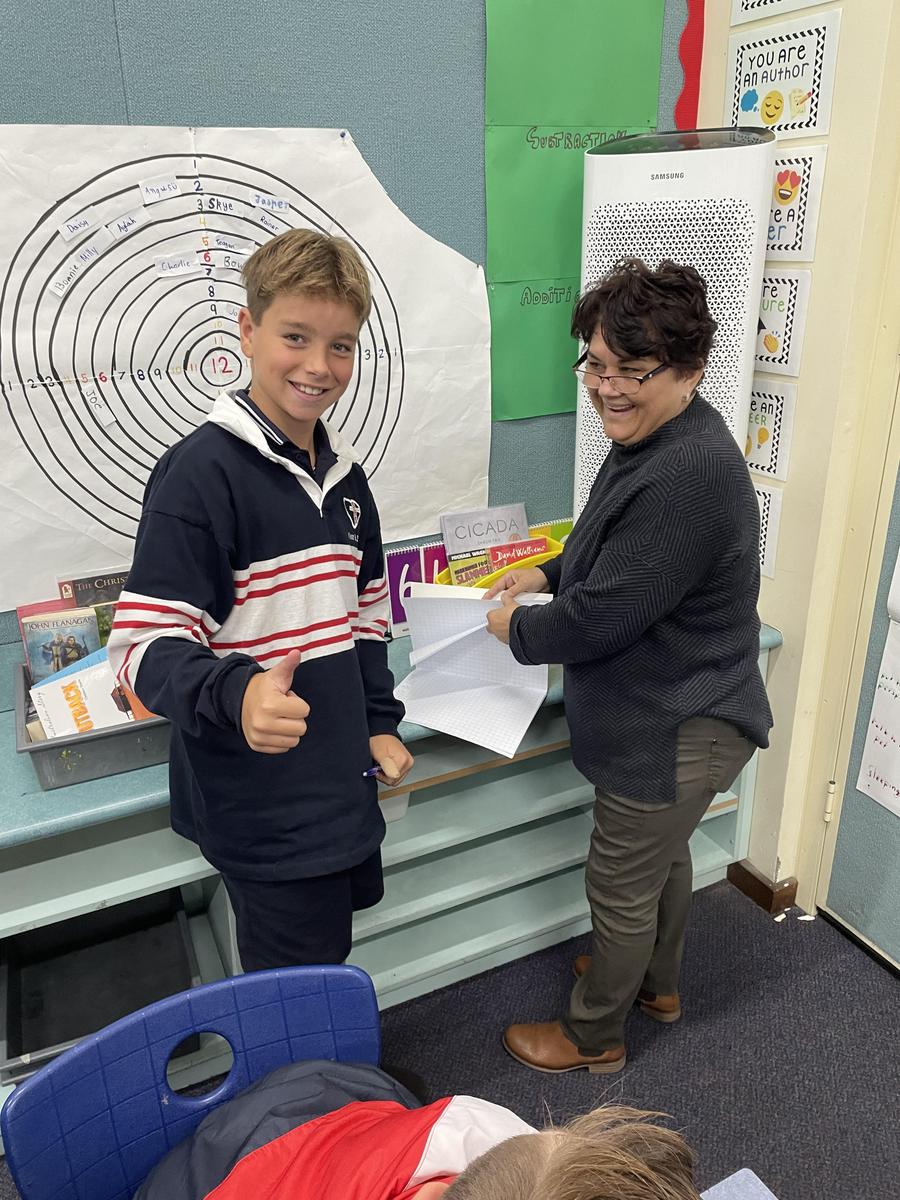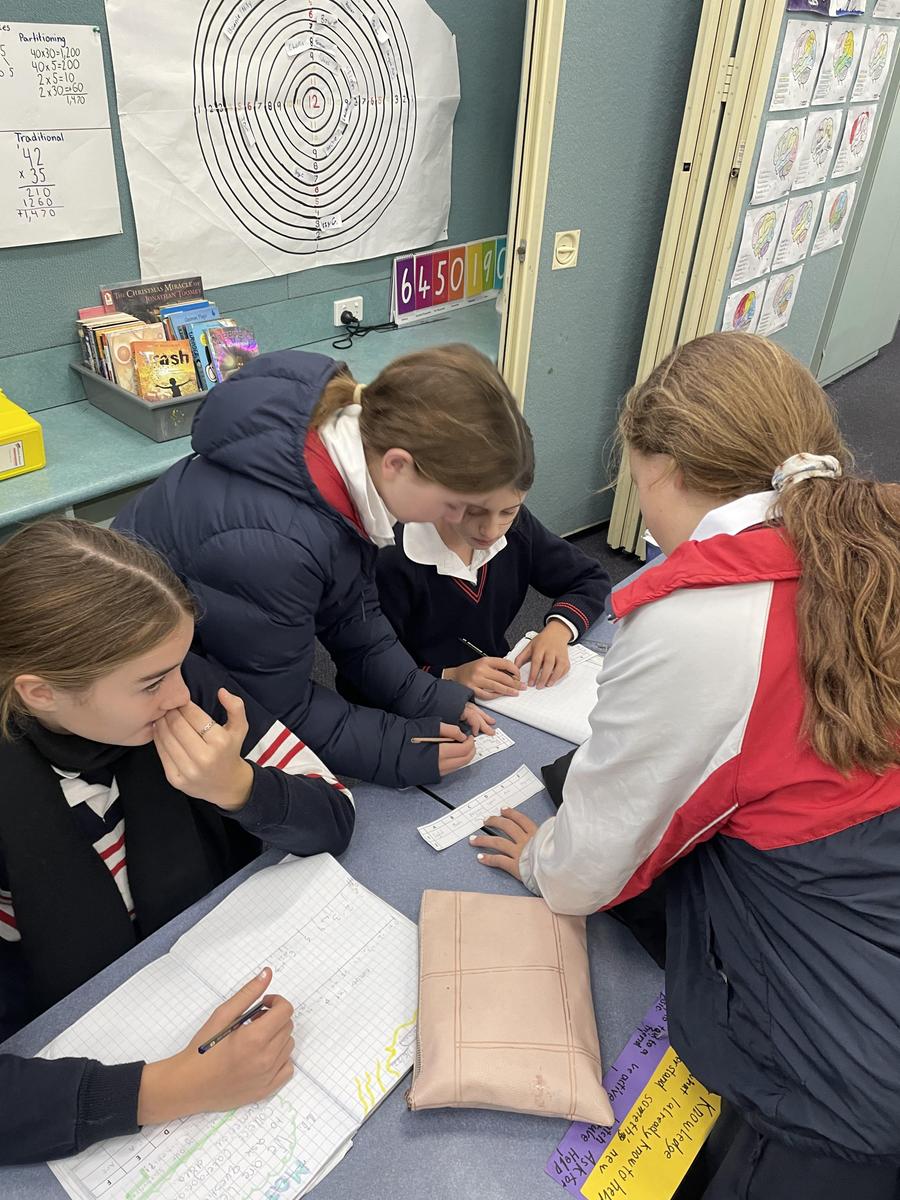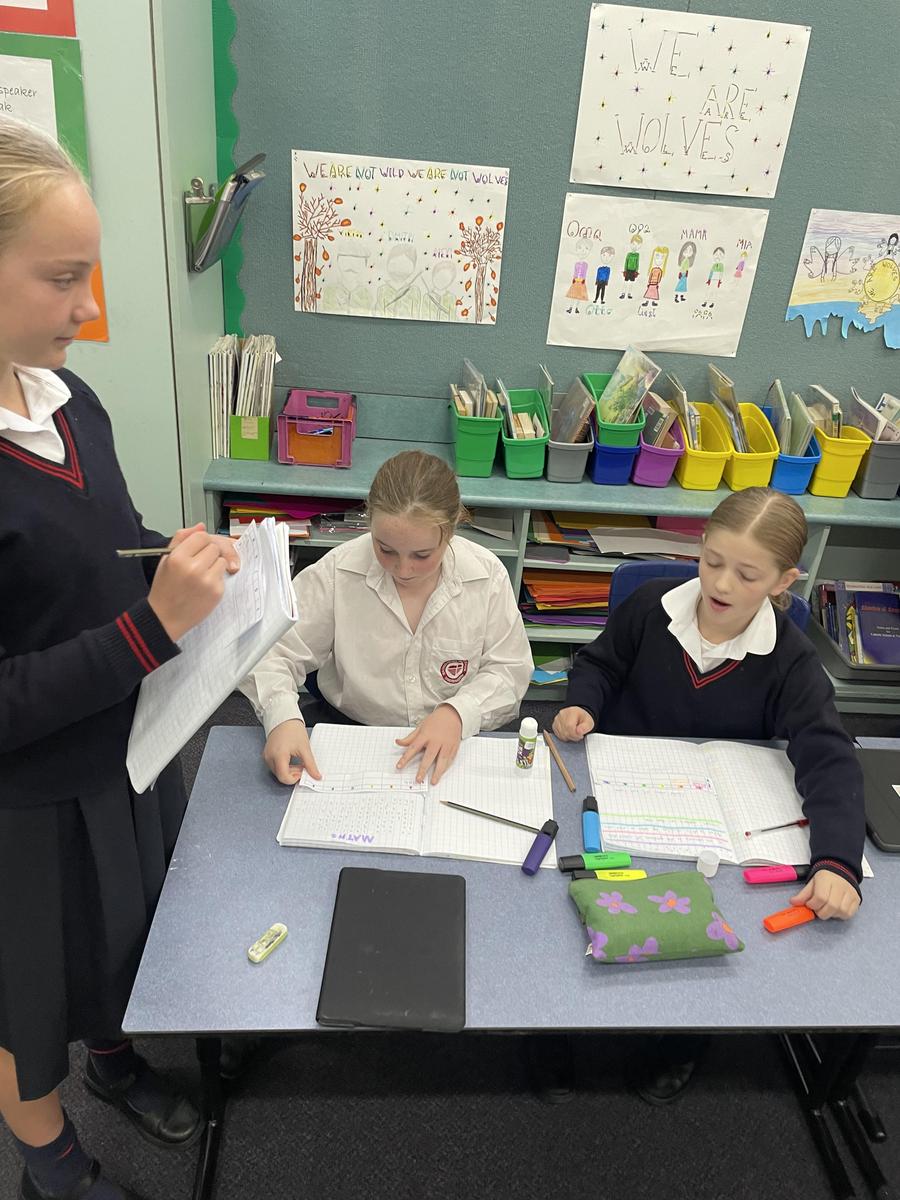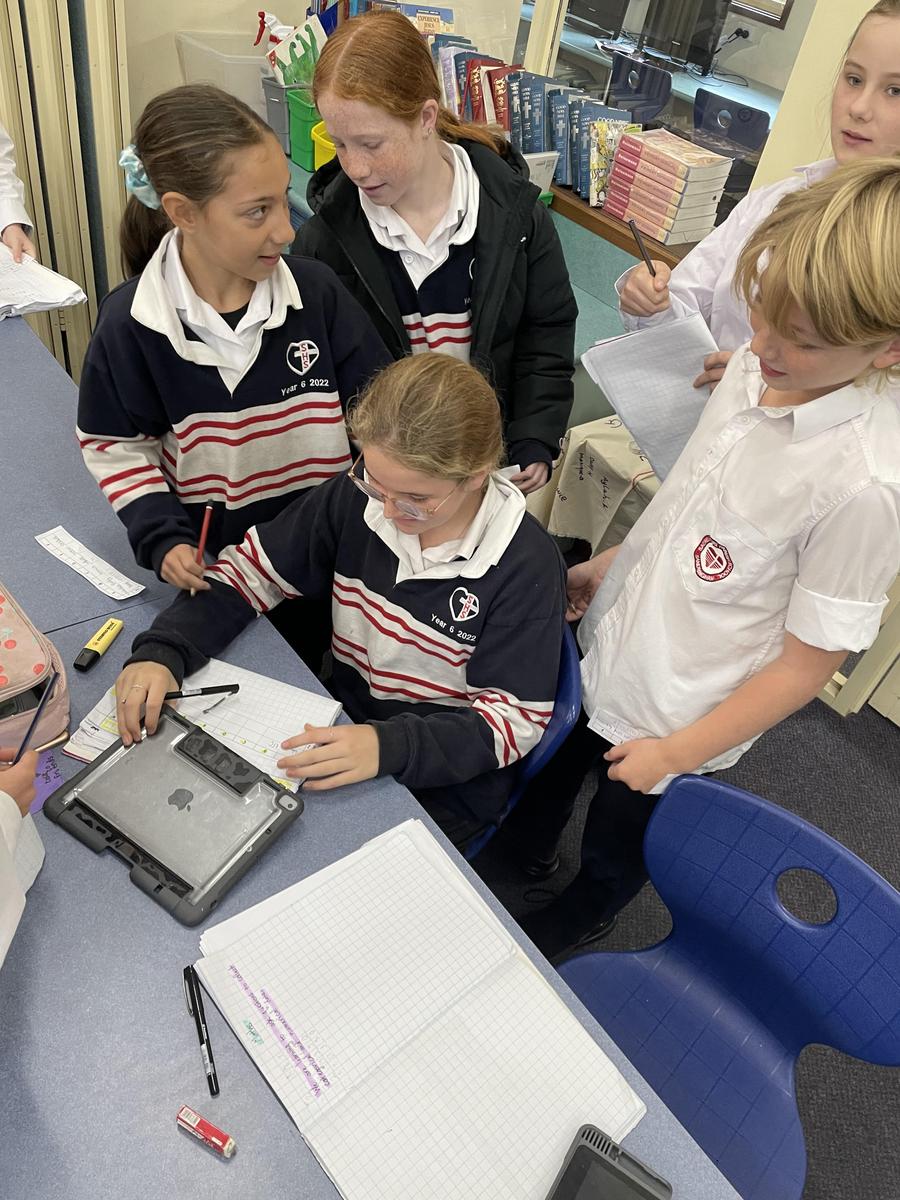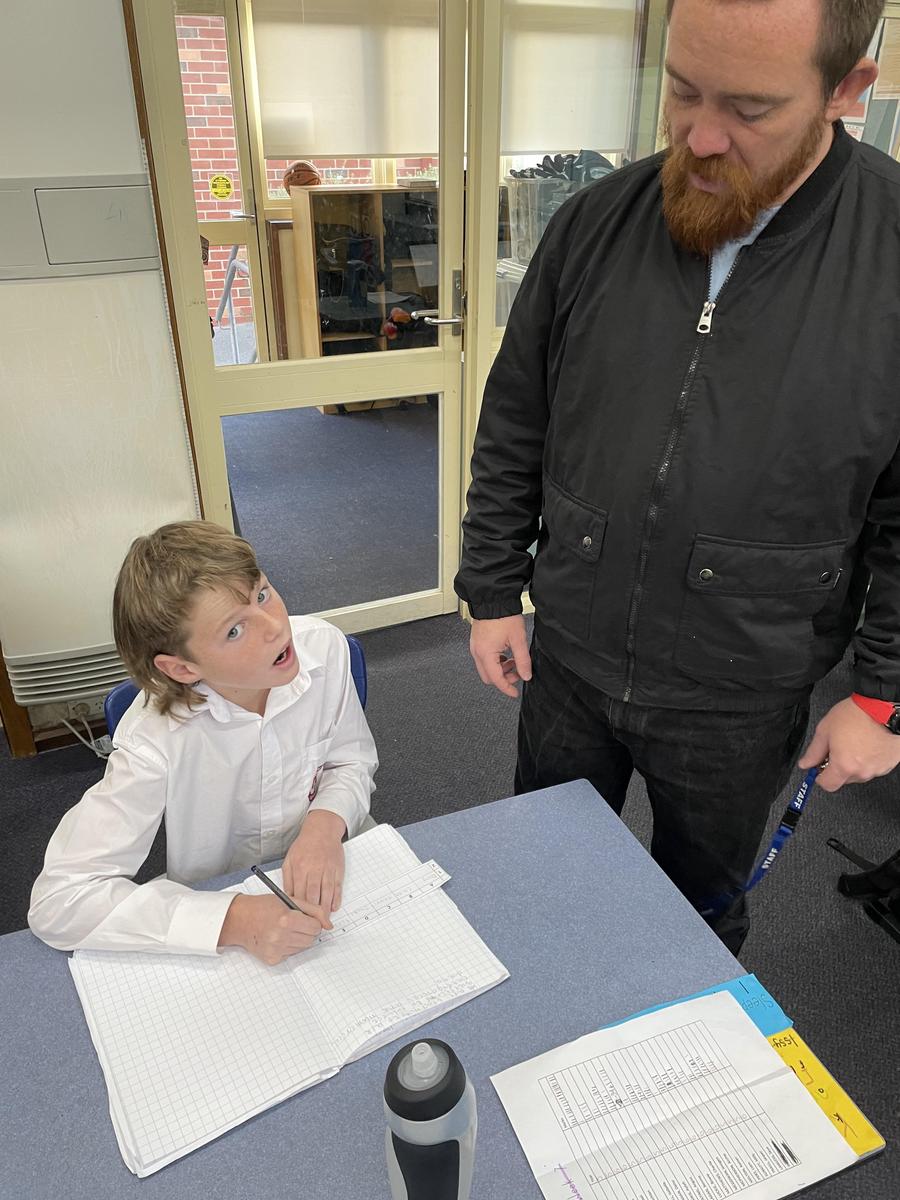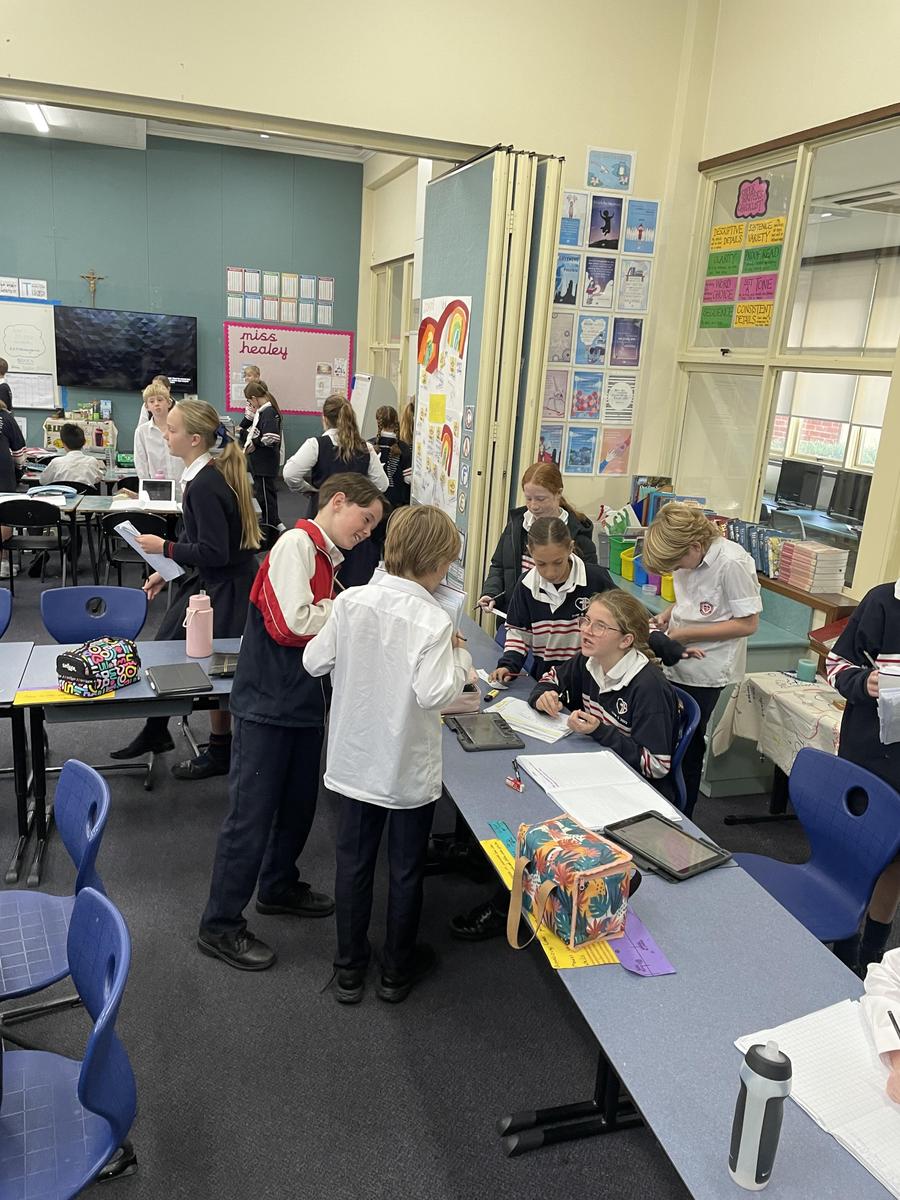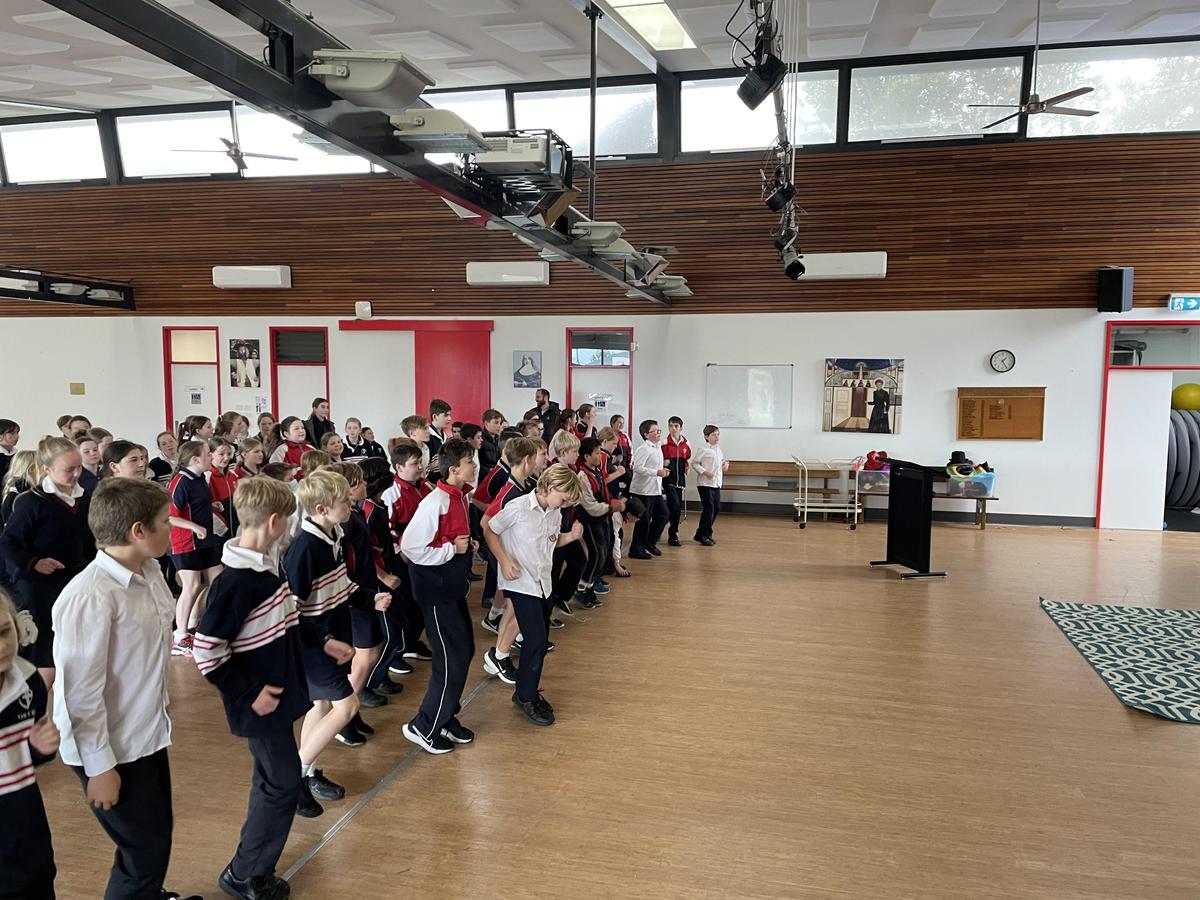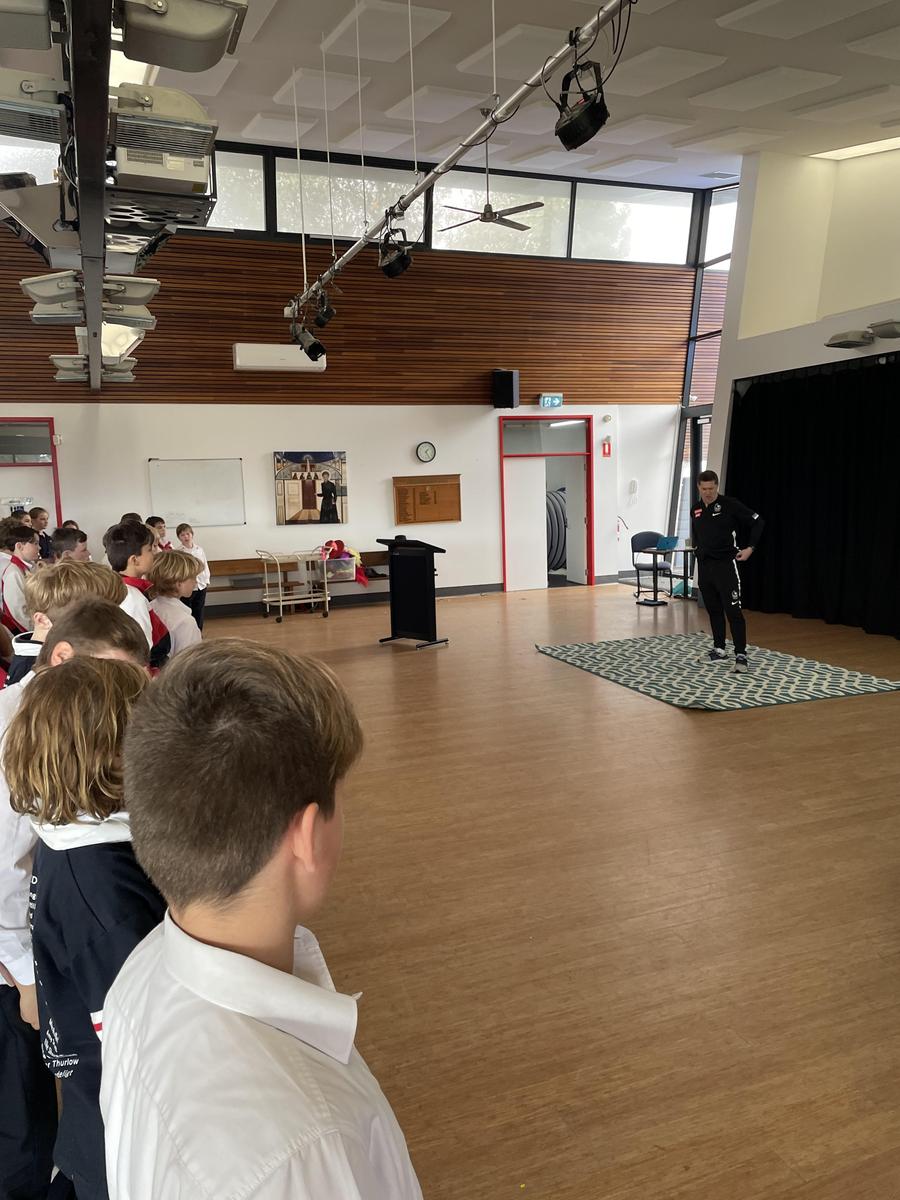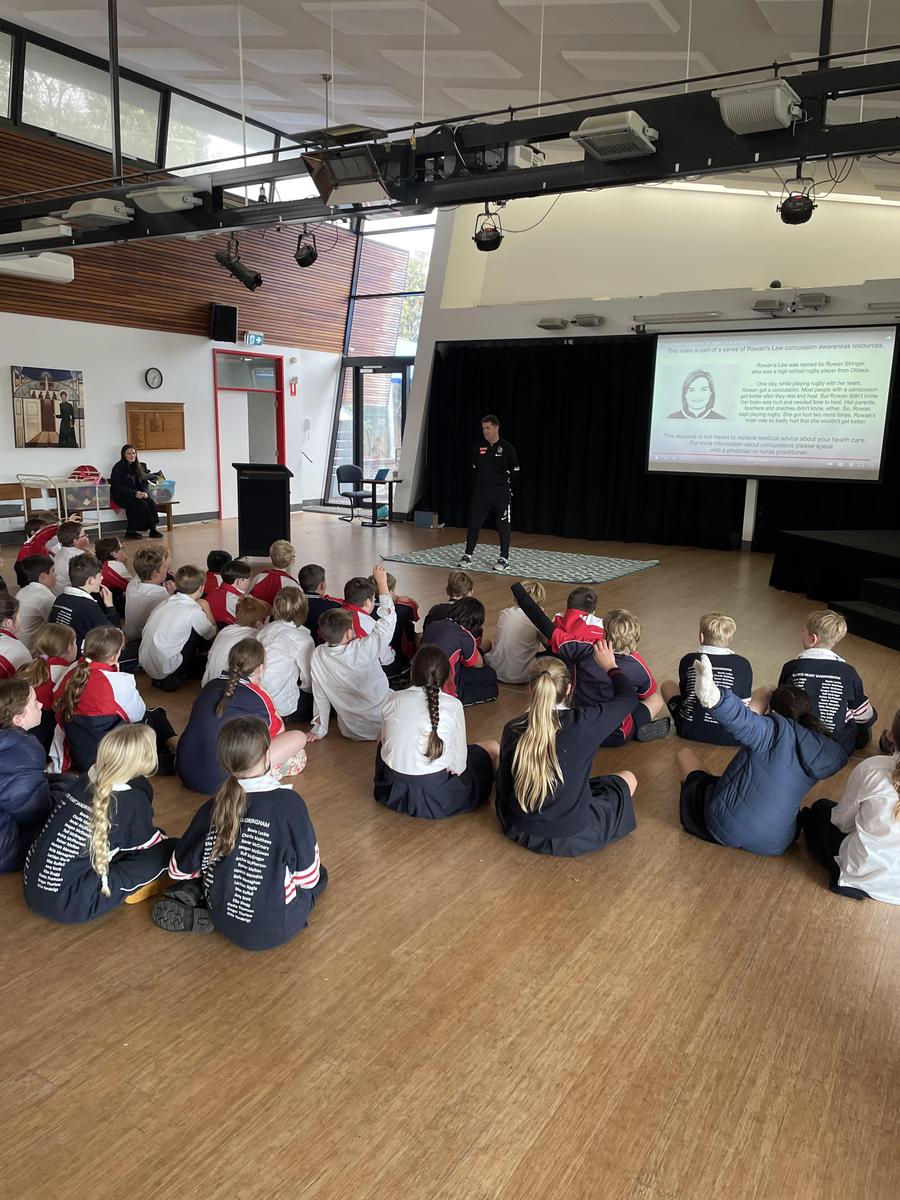5/6 NEWS
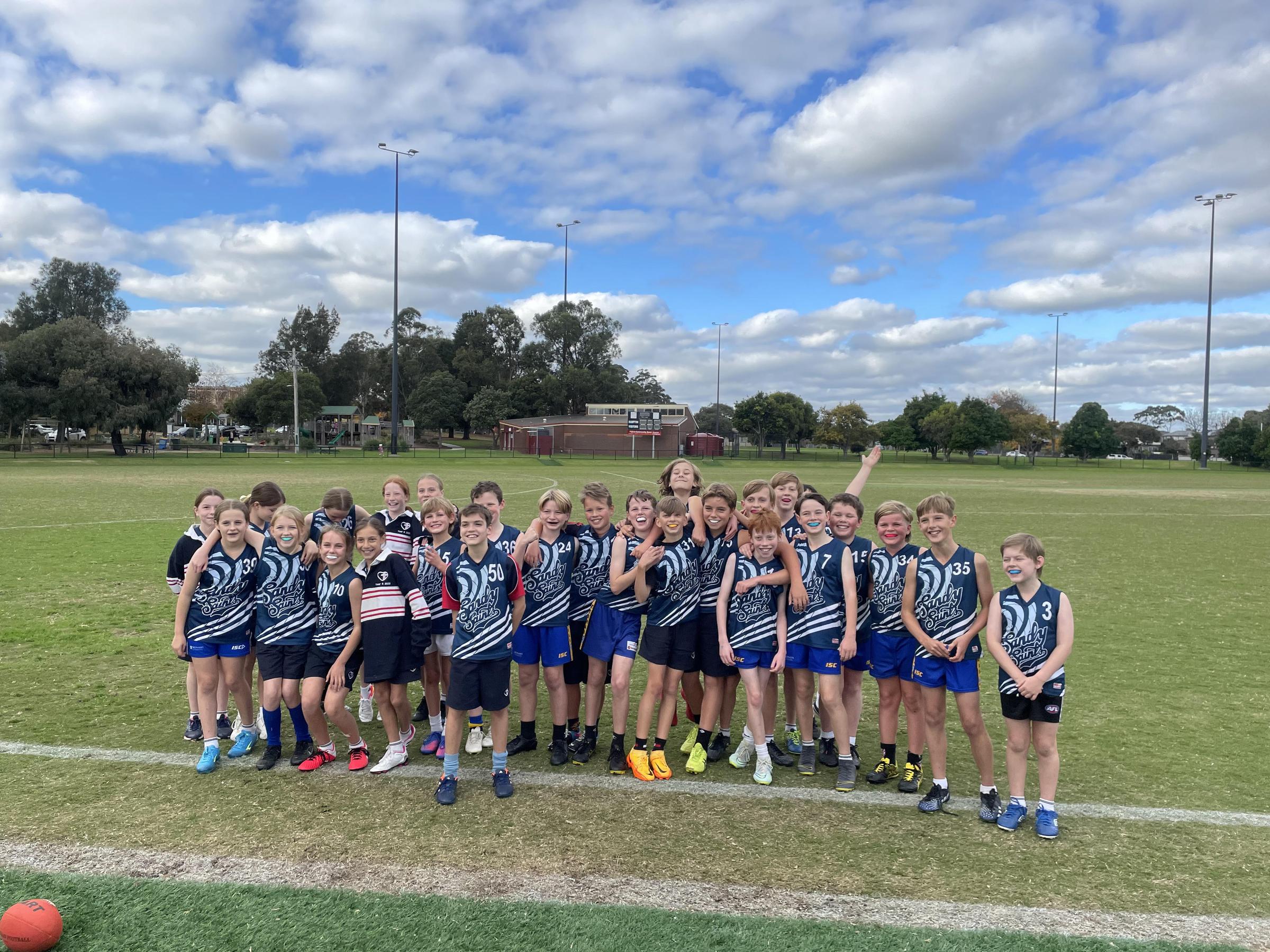
It has been a pretty busy fortnight in 5/6 with the students working really hard across all curriculum areas. We must say, it has been nice to have a few less extracurricular activities in recent weeks so as to settle into class routines. That said, we do have a big week ahead with three lightning premiership championships: netball, soccer and football next week.
MATHEMATICS
Students have continued to work in their different Maths groups with the focus still being on fractions and decimals. We are really impressed with the students' improvement with their times tables. The students have been focussing on this during our ‘Rocket Maths’ sessions where each Friday, the students have 5 minutes to answer 110 times table questions and if they get them all correct within the allocated 5 minutes, two weeks in a row, they move on to the next level. Our next topic to finish the term will be Statistics and Probability.
Here is an example of some of the language we will be focusing on in our Maths lessons during Statistics and Probability.
Dependent event - Events are dependent if the occurrence of either event affects the probability of the occurrence of the other event. In other words, one event depends on the other.
Event - A collection of outcomes from an experiment.
Extrapolate - Extrapolation is a way to estimate values beyond the known data. You can use patterns and graphs to determine other possible data points that were not actually measured.
Frequency - The frequency is how often an event occurs during a specific amount of time.
Interpolate - Interpolation is a way to estimate data. When you interpolate you estimate the data between two known points on a graph. This can be done by drawing a curve or line between the two points.
Interval - The set of numbers between two other numbers in a data set. It often refers to a period of time between two events.
Mean - The mean is the same as the average. It is a way of determining the typical value of a data set. The mean is found by adding up all the numbers and then dividing them by the total number of numbers. See average above for an example.
Median - The median is the halfway point in a set of numbers. It can be different from the mean or average. If you line up the numbers in a data set from least to greatest, the median would be the middle number.
Example: The median of the data set (2, 3, 7, 12, 45) is 7.
Mode - The mode is the number that occurs the most often in a data set.
Example: The mode of the data set (2, 2, 7, 8, 12, 7, 2, 14) is 2.
Outcome - The result of an experiment.
Percent - A percent is a special type of fraction where the denominator is 100. It can be written using the % sign.
Example: 50%, this is the same as ½ or 50/100
Probability - The probability is the chance that an event will or will not occur.
Random - If something is random, then all possible events have an equal chance of occurring.
Range - The range is the difference between the largest number and the smallest number in a data set.
Example: The range of the data set (2, 2, 7, 8, 12, 7, 2, 14) is 14 -2 = 12.
Ratio - A ratio is a comparison of two numbers. It can be written a few different ways.
Example: The following are all a way to write the same ratio: 1/2 , 1:2, 1 of 2
Slope - A number that indicates the incline or steepness of a line on a graph. Slope equals the "rise" over the "run" on a graph. This can also be written as the change in y over the change in x.
ENGLISH
This fortnight the students have continued reading the wonderful book ‘We are Wolves’. Each week we allocate three separate lessons to read, discuss and dissect two chapters. This fortnight we have had an in-depth look at the conflict between Russia and Ukraine and how we can compare it with our book and the tragic circumstances some children are facing around the world.
We have continued exploring poetry and the different elements of poems. We have been working on using different styles like repeating sound to add effect to our poetry. The students all had a go at using poetry to invite their grandparents to school on Friday the 10th.
Inquiry - The Brain
We were so lucky to have one of our amazing parents Dr. Ruben Branson come and share his knowledge of the brain and how concussion can effect us short term and long. Ruben works as the head doctor for Collingwood Football Club and was able to pass on some tips to the students of what you look out for and ways we can prevent these serious injuries. This is something that is so important to us. Our beautiful children asked the most insightful questions. The students will be spending the next few weeks of term doing a project on all the different parts of the brain and how different disease may effect it.
RESPECTFUL RELATIONSHIPS
In the past fortnight we have been looking at problem solving and how it can be used to help us through issues we may face everyday. We have discussed that using positive and negative problem solving skills to deal with everyday issues can be really helpful when we need to use them for something big. It is important to help students learn a range of problem-solving skills through applied learning tasks, so that they are able to cope with the challenges that they face in the future. Problem-solving is identified by the World Health Organisation as a key skill for health.
We are so grateful for all your support and look forward to seeing as many families as possible on the 18th of June for our 5/6 Mass.
Simon Brown on behalf of the
The Senior Team

